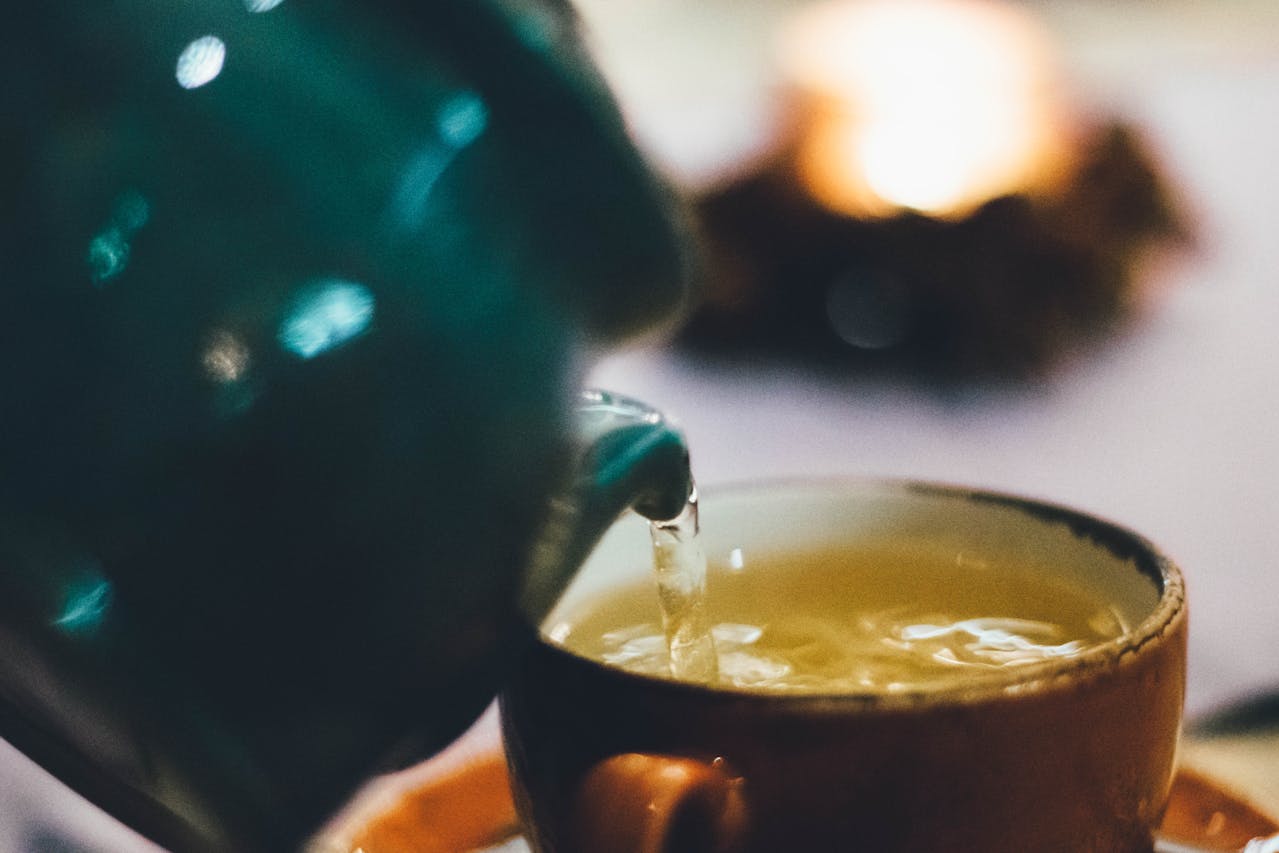Chronic kidney disease (CKD) affects millions of people worldwide, and for those with advanced stages, dialysis often becomes a necessary treatment. However, many patients wonder: is it possible to avoid dialysis with natural remedies? While some lifestyle changes and natural approaches may support kidney health, it’s crucial to understand their limitations and consult a healthcare provider before making any decisions.
In this article, we’ll explore:
-
The role of dialysis in kidney failure
-
Natural remedies that may support kidney function
-
The risks of relying solely on natural treatments
-
When dialysis is unavoidable
Understanding Dialysis and Kidney Failure
Dialysis is a medical procedure that artificially filters waste and excess fluids from the blood when the kidneys can no longer perform this function. It’s typically required for patients with end-stage renal disease (ESRD), where kidney function drops below 10-15%.
While dialysis is life-saving, it’s also time-consuming and can significantly impact quality of life. This leads many patients to seek alternative ways to slow kidney disease progression and potentially avoid or delay dialysis.
Can Natural Remedies Help Avoid Dialysis?
Some natural approaches may support kidney health, especially in early-stage CKD. However, they are not a guaranteed substitute for dialysis in advanced cases. Here are some evidence-backed strategies:
1. A Kidney-Friendly Diet
A well-balanced diet can reduce strain on the kidneys. Key dietary tips include:
-
Reducing sodium to control blood pressure
-
Limiting protein to decrease waste buildup
-
Avoiding processed foods high in phosphorus
-
Staying hydrated (unless fluid-restricted)
The DASH diet (Dietary Approaches to Stop Hypertension) and a plant-based diet have shown benefits for kidney health.
2. Herbal Supplements (With Caution)
Some herbs are traditionally used to support kidney function, such as:
-
Astragalus (may help reduce proteinuria)
-
Nettle leaf (a natural diuretic)
-
Turmeric (anti-inflammatory properties)
⚠️ Warning: Some herbs can harm the kidneys or interact with medications. Always consult a nephrologist before use.
3. Blood Pressure and Blood Sugar Control
Since hypertension and diabetes are leading causes of kidney failure, managing these conditions naturally (through diet, exercise, and stress reduction) may help slow CKD progression.
4. Regular Exercise
Moderate physical activity improves circulation, reduces blood pressure, and supports overall metabolic health—key factors in preserving kidney function.
5. Avoiding Nephrotoxins
Certain medications (NSAIDs like ibuprofen), excessive alcohol, and smoking can accelerate kidney damage. Eliminating these may help.
When Natural Remedies Aren’t Enough
While these methods may delay dialysis in early-stage CKD, they cannot reverse severe kidney damage. If kidney function declines to a critical level (GFR < 15), dialysis or a transplant becomes necessary for survival.
Signs That Dialysis May Be Needed:
-
Severe fatigue and confusion (due to toxin buildup)
-
Swelling in legs and shortness of breath (fluid overload)
-
Extremely high potassium or creatinine levels
Ignoring medical advice in favor of unproven natural remedies can be life-threatening.
The Bottom Line
Natural remedies may support kidney health and potentially delay dialysis in some cases, but they are not a cure for kidney failure. The best approach combines: ✔️ Medical supervision ✔️ A kidney-friendly lifestyle ✔️ Early intervention
Always work with a nephrologist to determine the safest treatment plan for your condition.
Medical Disclaimer
The information provided in this article is for educational purposes only and is not a substitute for professional medical advice. Always consult your healthcare provider before making any changes to your treatment plan. Natural remedies may interact with medications or worsen kidney disease in some cases.

